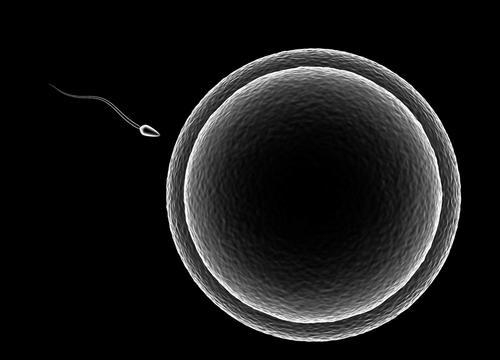Cameras Can Slow Alzheimer’s Onset

What’s the Latest Development?
A small camera worn around the neck of an Alzheimer’s patient may provide enough memory-jogging information to slow or stop the disease, says recent anecdotal research. The camera snaps photographs automatically throughout the day at regular intervals—every 30 seconds, say. “The idea is to use the images not to replace memory but to stimulate it. Each photograph can serve as a cue, like Marcel Proust’s madeleine, tapping into the web of remembrances that collectively defines a person’s identity.”
What’s the Big Idea?
If cameras were able to slow the cognitive decline of Alzheimer’s patients, they could yield a major public health benefit. But some are concerned about the aversion to technology which many elderly Alzheimer’s patients demonstrate: “We have found that older individuals, particularly those with memory impairment, are often averse to technology,” said Paul Aisen, a physician and researcher at the University of California, San Diego, who has assisted with the design of Alzheimer’s drug trials.
Photo credit: shutterstock.com




